I woke up with dread. Would I be able to convince Mum to attend her appointment with me? She didn’t want to go to a mental asylum her biggest fear. Thanks to my family for putting that in her head, but I begged her and promised I would be with her. She reluctantly agreed, but things didn’t go as planned.
My family had caused so much fear because of their own preconceptions of what a dementia diagnosis could mean, you can read more here – Dementia Diagnosis – A Caregiver’s Perspective.
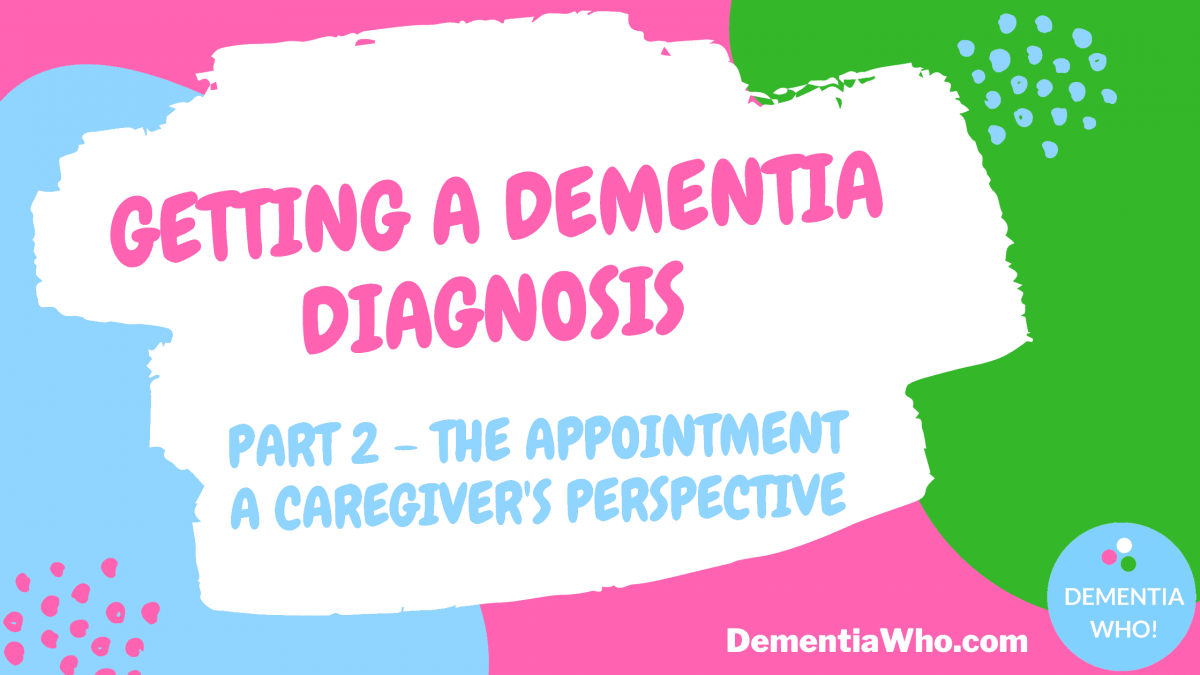
Elderly Mental Health Services
We got to the appointment with plenty of time to spare and had to wait outside to be let into the locked premises (not a good sign).
In the waiting room, an older gentleman was waiting with his wife, who would be assessed. Mum looked at me weirdly when they led the woman away, talking to herself. Her condition was much further along, which scared Mum, reinforcing her worries.
We met the consultant, and she was great talking directly to Mum. I explained Mum’s fears and that we had a family bust-up about her coming here and how complicated the process has been in the hope that she would understand that culturally this wasn’t something that was typically done (this was almost ten years ago, I hope things have changed now).
Dementia Consultation
The doctor explained that she would take a medical history and review the GP notes & tests.
It was a disaster. The consultant asked so many questions, too many for someone very wary of her and the whole process. She had a 20-page booklet that she worked through, asking Mum questions about her childhood through to now and lots of questions about her family and education.
The whole time Mum was getting more & more agitated, asking me in our language,
“why does this woman need to know all this” “don’t tell her about this or that.”
I explained that Mum didn’t read or write English, and her education levels stopped early for her to work. But, mum could speak three languages and was a whizz at maths.
I argued with the consultant that the questions and tests weren’t culturally applicable or more difficult for Mum, with English not being her first language and her education level. Still, she didn’t seem to consider that in her assessment.
Mum found the whole thing disturbing. She wasn’t comfortable, and her anxiety levels were through the roof. Mum scored 18 out of 30 on the test. The consultant didn’t explain what that meant and wanted to wait for the scan before explaining.
I truly believe that this wasn’t an accurate assessment – the consultant just ignored my concerns and wasn’t assessing Mum, the person, more like a call centre operator sticking to their script with no room for individuality.
Mum refused point-blank to have a scan, but I asked the doctor to keep the option open as I talked to mum and tried to persuade her to attend once we got home.
Without it, she said they couldn’t know what the problem was, and again I was still thinking brain tumour, so I wanted the scan to eliminate that as a possibility.
Her Fears
It was only weeks later that mum confessed to me that the whole time she felt she was being interrogated and that they were going to lock her up in the hospital. She honestly believed that she wouldn’t leave that day, and my heart broke to learn that. She was that scared during the whole interview.
I will never forgive my family for scaring her so much the night before that she felt that they would lock her up in the crazy hospital, and she’d never come home!
MRI Scan
Weeks later, I managed to persuade Mum to do the scan with the promise that only her top half would go into the machine. She hated being in the MRI scanner from a previous visit. Finally, the day for the scan arrived.
I’d never been to an MRI before. I did my best to keep Mum relaxed, promising her that I would be with her throughout. They initially refused for me to be present until I argued that she would not do the scan without me.
Anything with metal parts had to be removed as an MRI scan is a giant magnet, using magnetic fields and radio waves to take images. I thought I would be standing behind the glass window with the staff talking to her through the intercom, but oh no, if I wanted to be with her to comfort her, they made me stand in the actual MRI room.
Let me tell you, that’s not fun. Would they have done that if I was an interpreter for her because being in the room was pointless? She needed to hear my voice.
It was so loud in there I doubt Mum could hear me, but I kept touching her leg, reassuring her that it was fine as she prayed for her life on that table. The whole thing took about 30 mins and was so scary. How kids go through that, I have no idea!
But it was done, and the tests would be sent to the doctor, and we’d finally know.
Getting the Results
Two weeks later, we got a letter to get the results of her tests and scan. Mum refused to return to the hospital, and no one could make her.
So I called the consultant and asked for the results over the phone, but she refused and wouldn’t give them to me. I asked if I came without Mum would she be able to provide them to me face to face? I asked her if she needed to speak to Mum to give me her results before I came, and she said that it was fine. I should have realised that wasn’t going to be the case.
So off I went to collect the results without telling Mum, as she’d already insisted that we not go back to that doctor. As soon as I sat down at the hospital, the consultant said to me that she had just called Mum and asked for consent.
She completely threw me, worried about what was mum thinking, what the doctor said, how did she explain the consent without me translating some of the words used and was she scared.
All this was swirly around in my head as I reminded her of our previous conversation and Mum’s anxiety about seeing her again. That’s she’d previously said consent was needed!
I was so angry, I just wanted to jump up and go home to Mum, but I waited. We needed the results.
Diagnosis
I waited and asked what the scan showed. She slid a piece of paper with two typed lines. I can’t remember what it said. The only thing I understood was brain atrophy. I slid it back across to her and said what is this?
Then she just said that Mum likely had Alzheimer’s, and despite expecting this, it floored me. I couldn’t process what she said. I wanted to get back to Mum as quickly as possible, I hadn’t left her on her own for so long, and I needed to know that she was alright. I don’t why she gave the paper with all that medical jargon on, what she expected from me, but I was done, I’d had enough. Didn’t wait for her to offer support from the nurse that was present. I just wanted to get home and away from them. The doctor had no clue how badly the whole thing went for us.
Overall our experience of being diagnosed mainly was negative. We were mismatched with a doctor who initially seemed to understand Mum, but she forgot to see Mum, the person – in the course of going through the medical assessment.
She didn’t consider that Mum was under duress, was scared, and that her educational levels may impact the answers to the “testing” part of the assessment.
Getting the results were horrendous and could’ve been avoided -the stunt with the two-line typed scan result had no meaning for me. Only a medical professional would’ve understood it. I don’t know what purpose is served.
I had one further telecon with her to get more details about Mum’s diagnosis after doing some more reading on questions that I should have asked, and then we were discharged back into the community.
No regrets
It took a further eight years before we had another dementia review assessment by our local GP, not entirely what you read in all the online help available about dementia diagnosis and follow-up!
I don’t regret pushing Mum into getting the diagnosis or pushing back against family and the stigma associated with mental illness. I wish I pushed harder on convincing Mum to take dementia drugs that could’ve slowed down the disease’s progression.
I do believe the earlier you can identify it, the sooner you can adjust, change your expectations, prepare, and be there to support your loved one. It is a long learning curve for both of you.
My advice is if you’re worried, get yourself assessed. For most people, it goes relatively smoothly, and you can only act on the knowledge you have. Your quality of life can only improve by getting a diagnosis. You may not all get the tools and support in place that you need initially, and it will probably be a struggle, but if you’re anything like I am as mum’s advocate, you’ll fight to ensure your loved one’s needs are met!

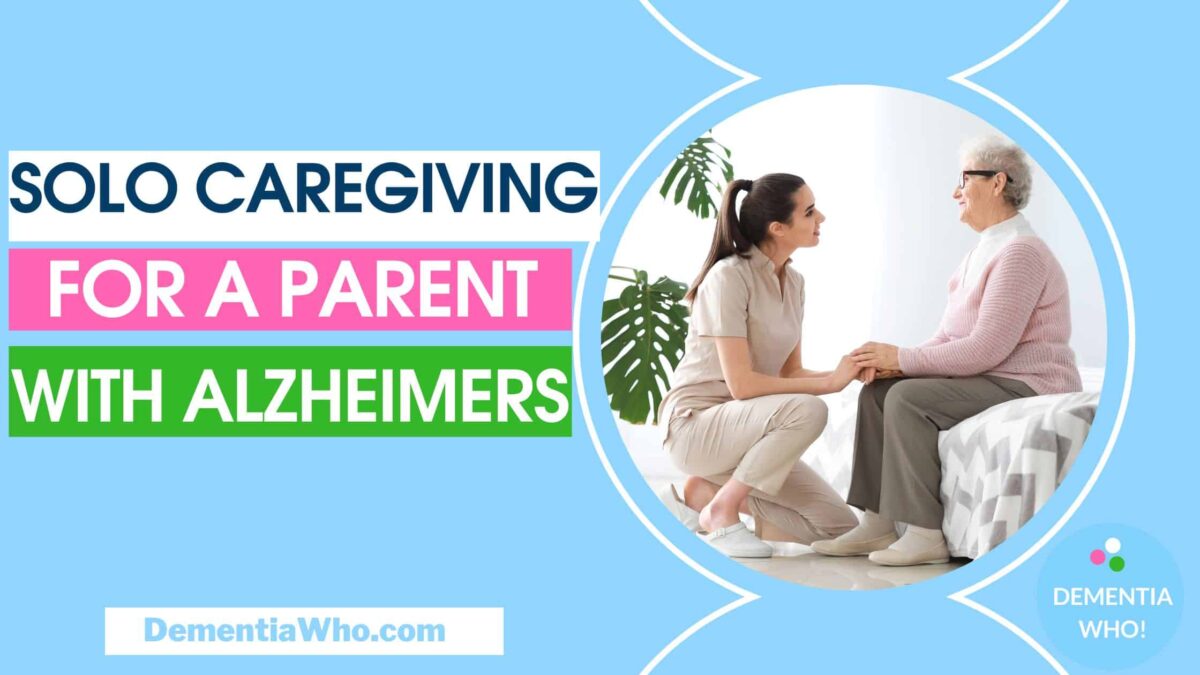
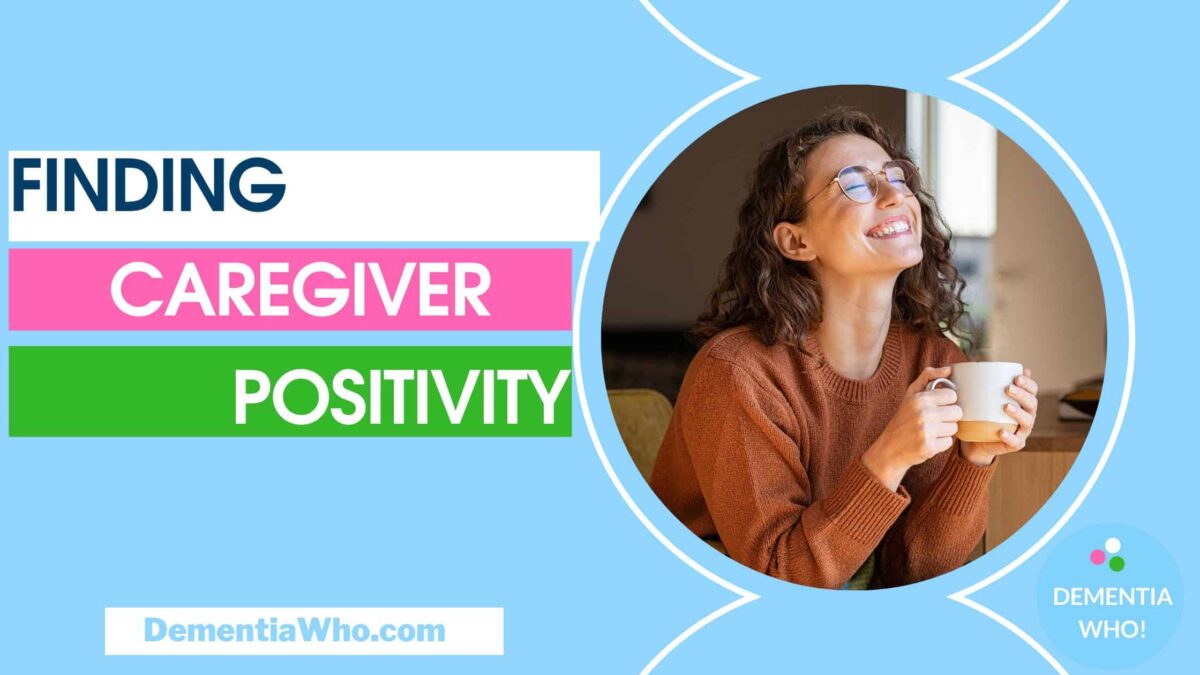

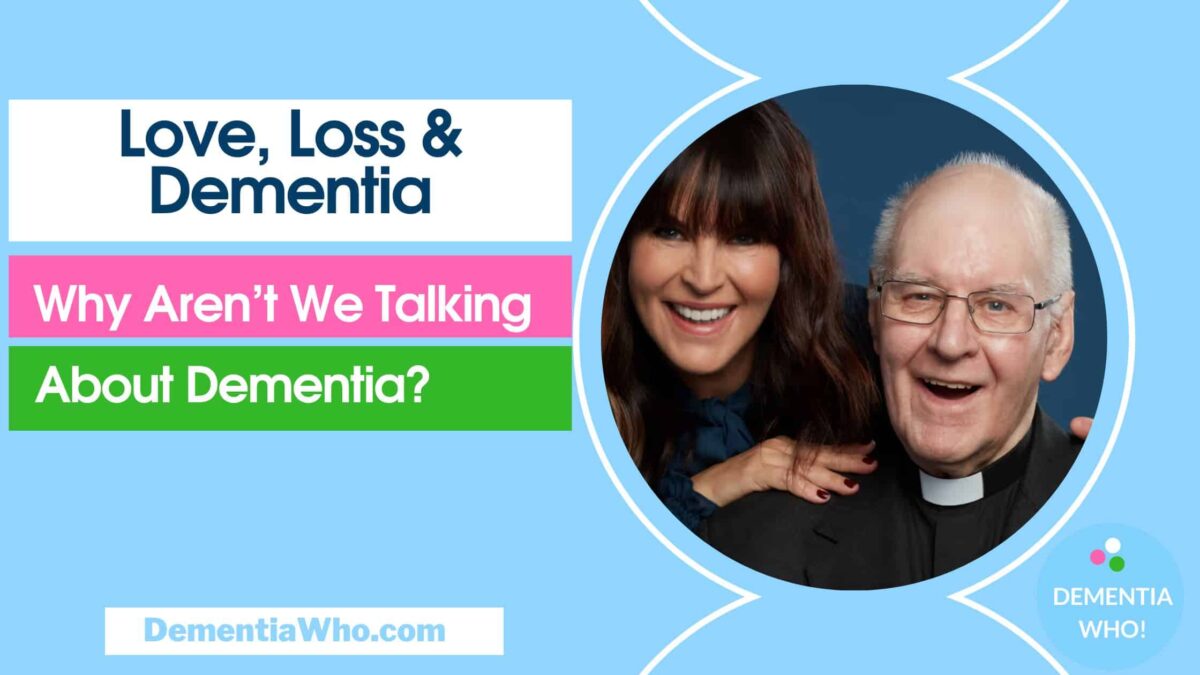
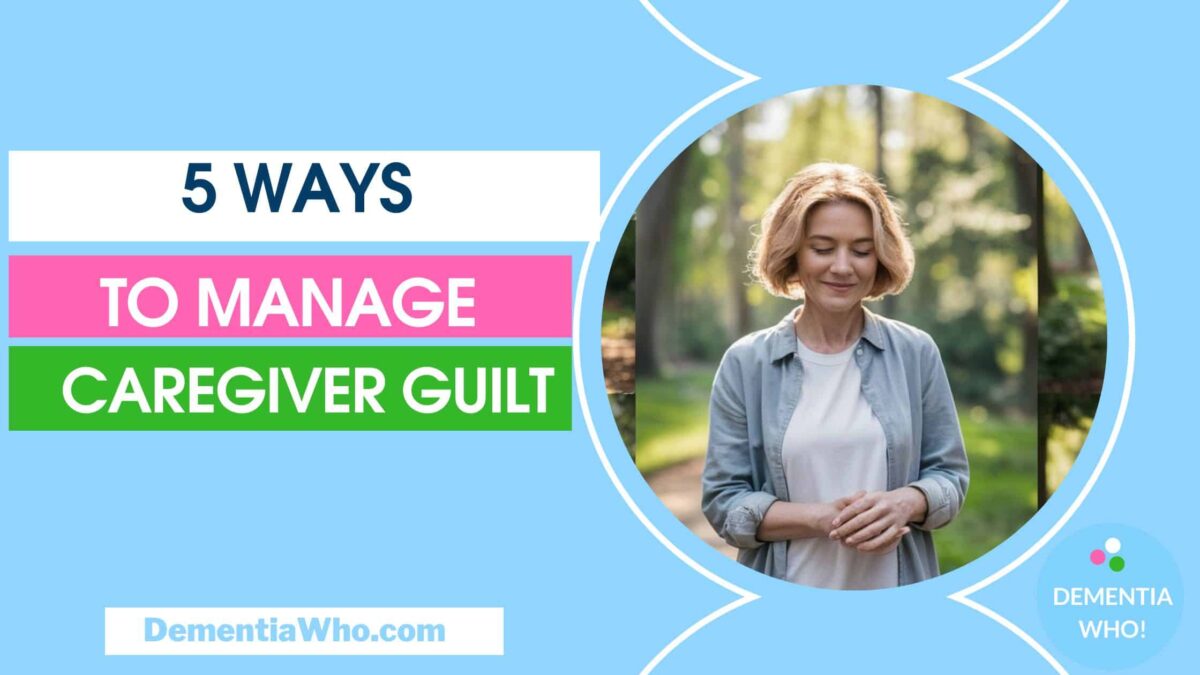
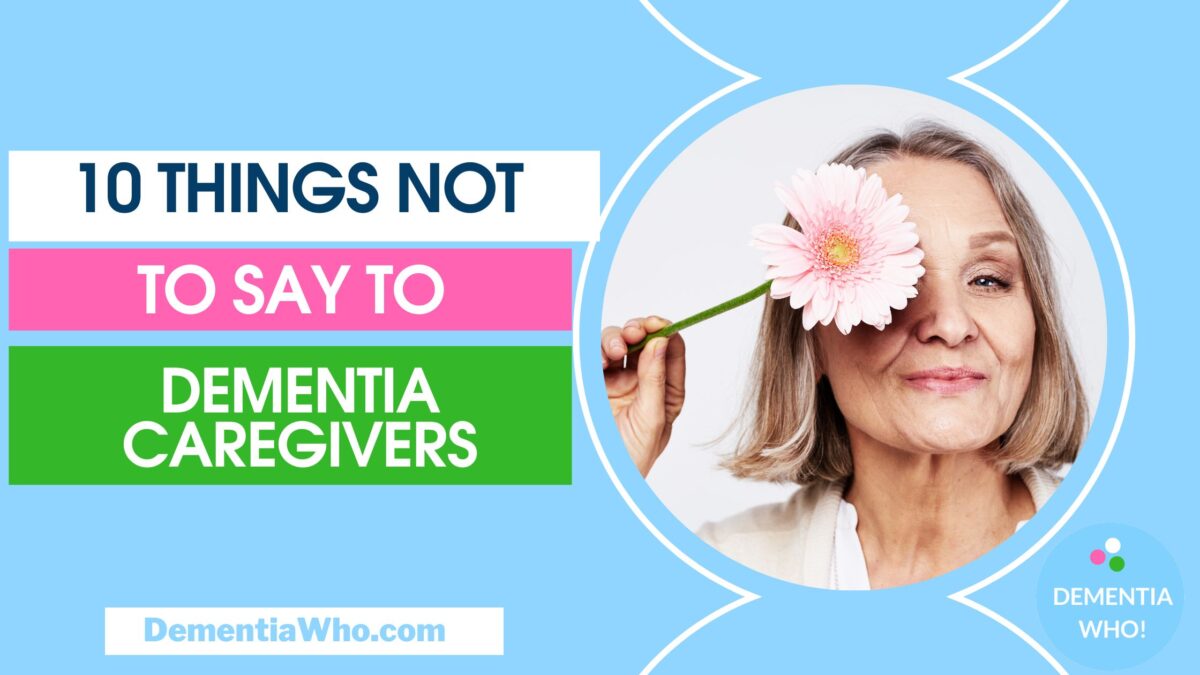
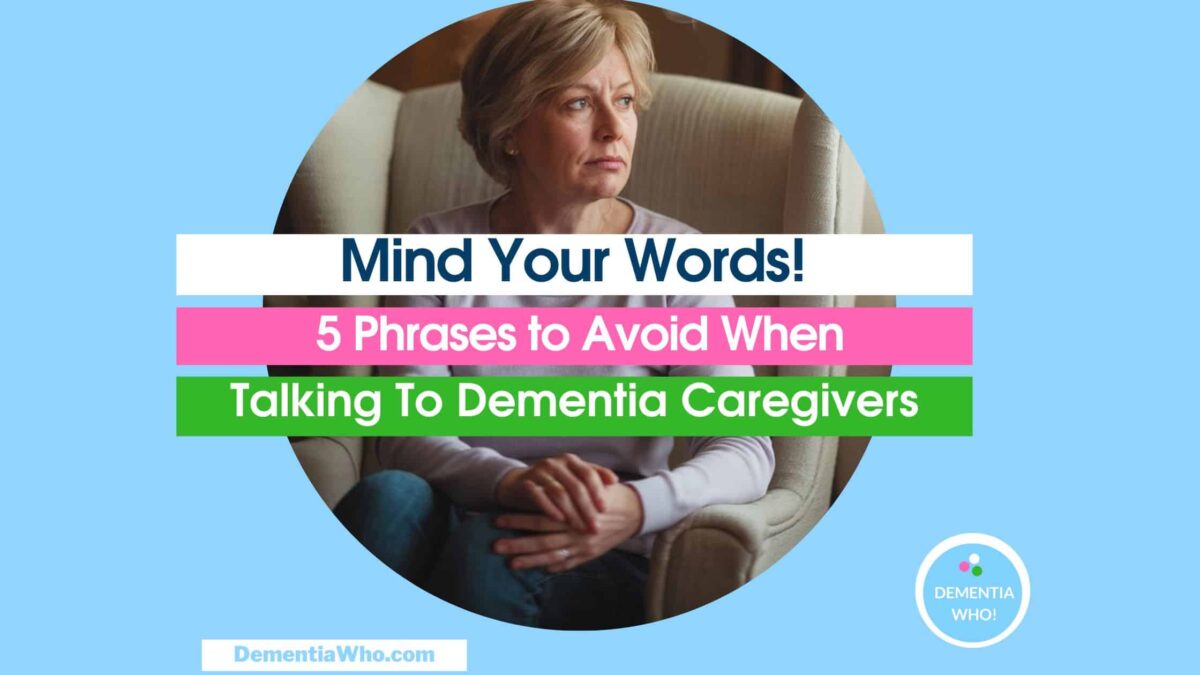
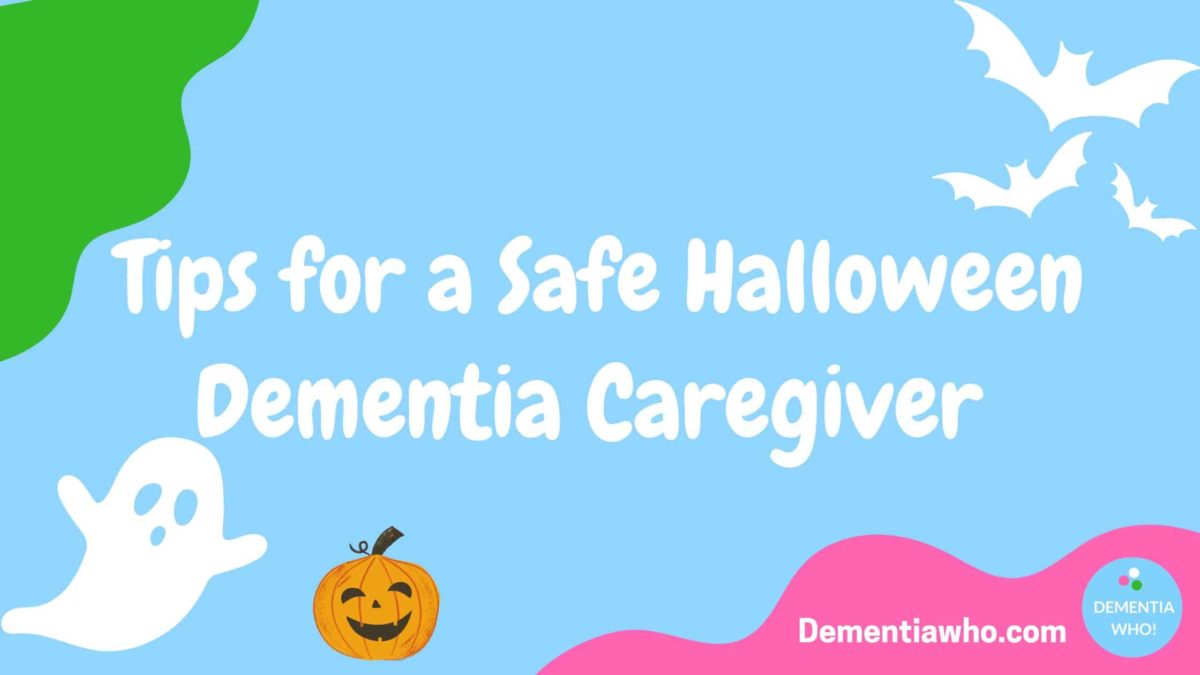
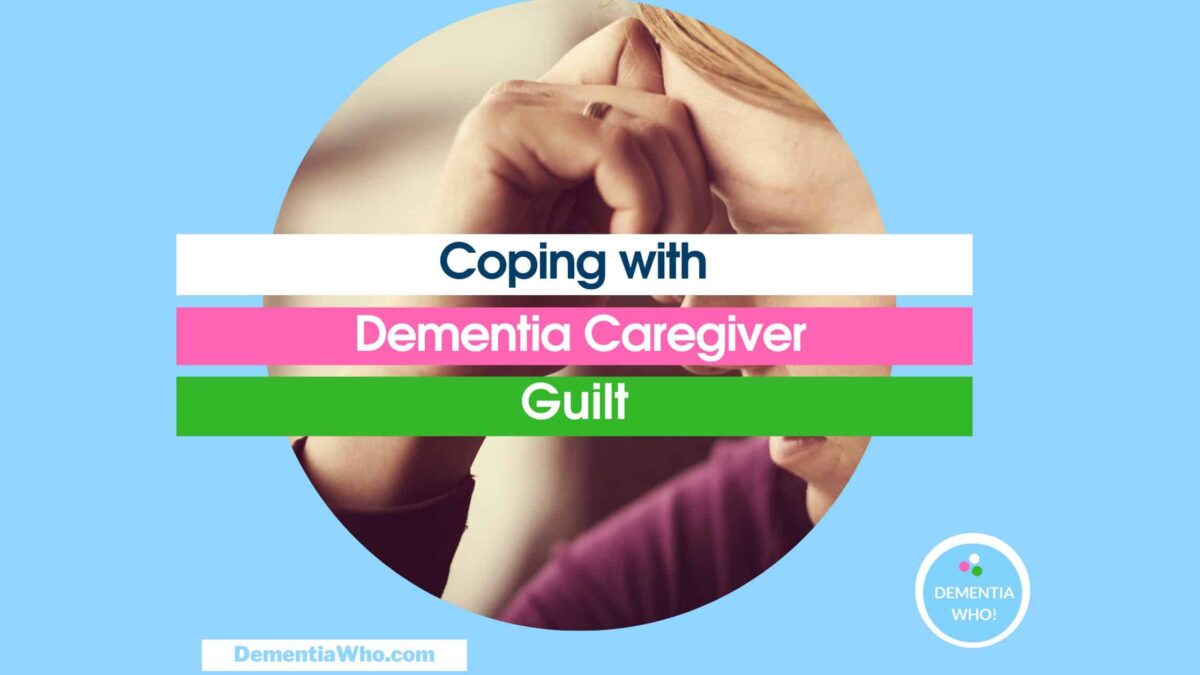


I’m sorry you went through that. Your mum is so lucky to have you as her advocate!
Thank you, you’re very kind.